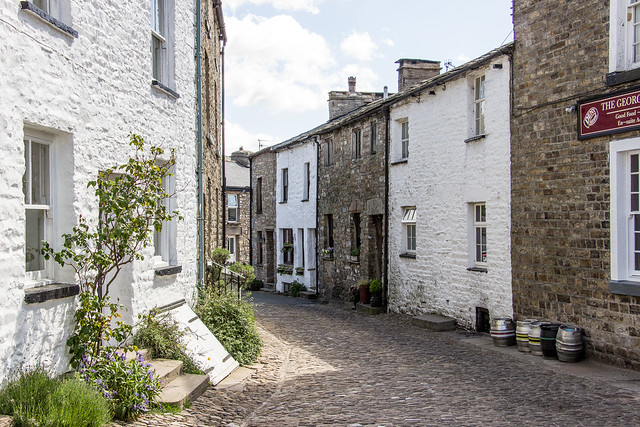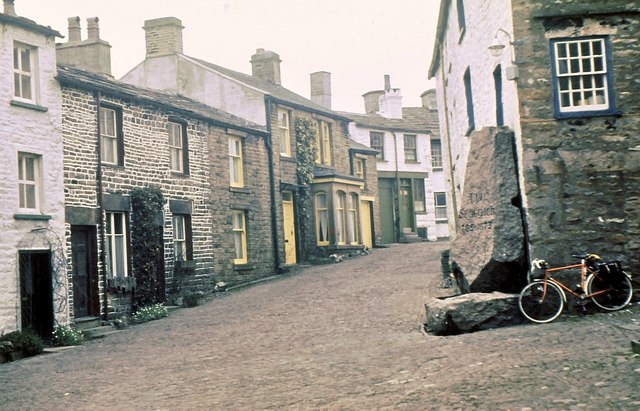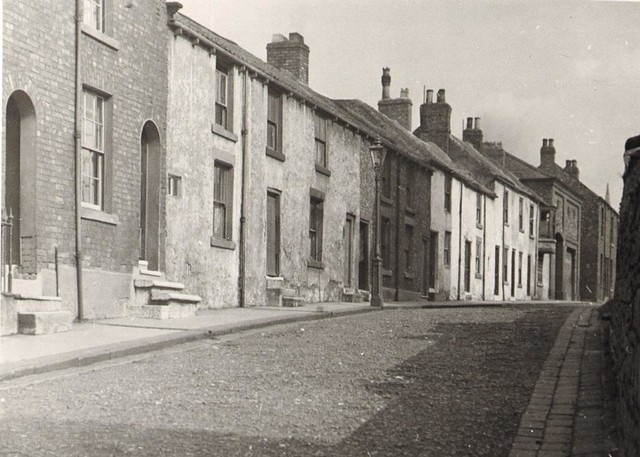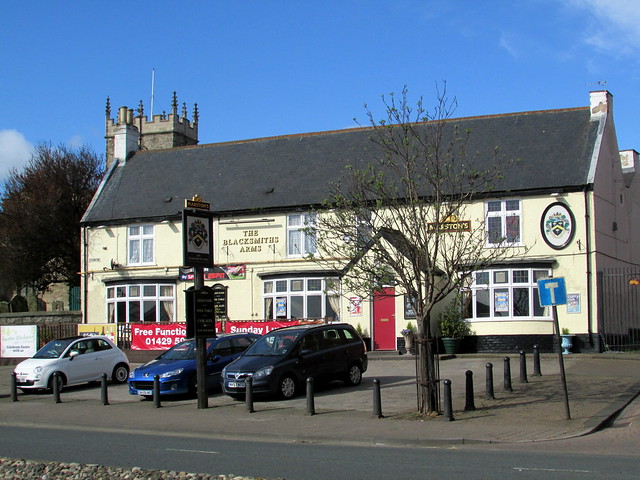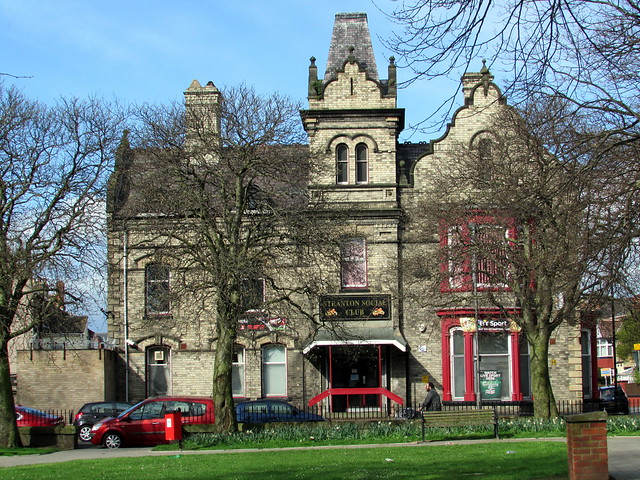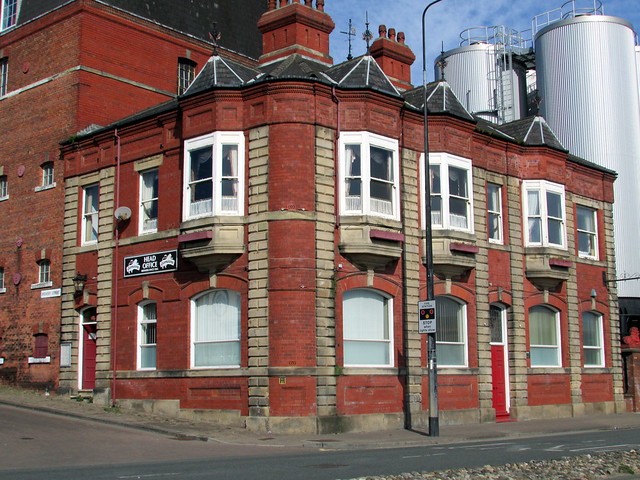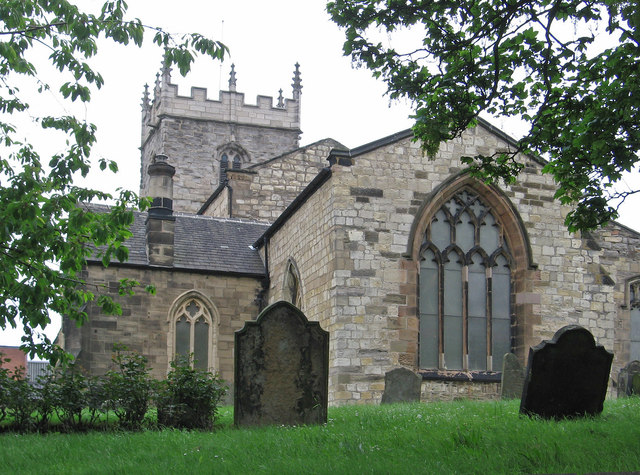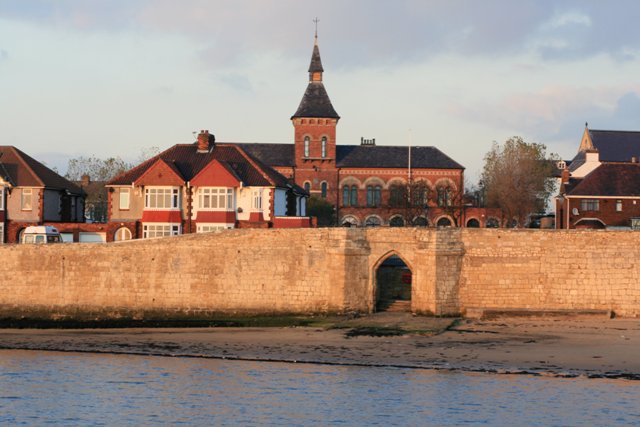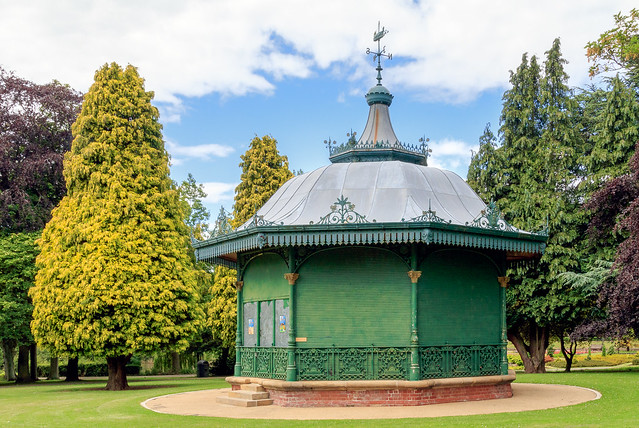Main Street, Dent, England

-
Description
Grade II listed historic buildings. The building to the left was likely constructed in the early 1800's while the ones on the right have origins going back as old as the 1600's with many subsequent alterations. "Dent is a village and civil parish in Cumbria, England. It lies in Dentdale, a narrow valley on the western slopes of the Pennines within the Yorkshire Dales National Park. It is 4 miles (6 km) south east of Sedbergh and about 8 miles (13 km) north east of Kirkby Lonsdale. Dent was historically part of the West Riding of Yorkshire. The origin of the name is debated. Older forms include Denet (1200). It may have been taken from the hill now known as Dent Crag (2,250 ft), to be compared with another hill named Dent near Cleator in Cumberland, in which case it would derive from a pre-English Celtic term related to Old Irish dinn, dind "a hill". Alternative derivations see the name preserving the memory of the dark age kingdom known in Latin as Regione Dunutinga, founded and named after King Dunot the Great of the North Pennines. Both place name and dialect evidence indicate that this area was settled by the Norse in the 10th century. Geoffrey Hodgson, in 2008, argued that this invasion accounts for the high frequency of the Hodgson surname in the area. Dent was the birthplace of Thomas de Dent, Lord Chief Justice of Ireland, in the early 14th century. Dent was the birthplace of the geologist Adam Sedgwick in 1785. Dentdale was one of the last Yorkshire Dales to be enclosed, Dent's Enclosure Award being made in 1859. Whilst fishing on the Dee at Dentdale in the 1840s, William Armstrong saw a waterwheel in action, supplying power to a marble quarry. It struck Armstrong that much of the available power was being wasted and it inspired him to design a successful hydraulic engine which began the accumulation of his wealth and industrial empire. Dent, then in Yorkshire, was one of the sites for the Survey of English Dialects in the 1950s. A recording of the broadest local speech is available on the British Library's website." - info from Wikipedia. Summer 2019 I did a solo cycling tour across Europe through 12 countries over the course of 3 months. I began my adventure in Edinburgh, Scotland and finished in Florence, Italy cycling 8,816 km. During my trip I took 47,000 photos. Now on https://www.instagram.com/billyd.wilson/" rel="noreferrer nofollow">Instagram. Become a patron to my photography on https://www.patreon.com/billywilson" rel="noreferrer nofollow">Patreon. -
Owner
Billy Wilson Photography -
Source
Flickr (Flickr) -
License
What does this mean? Attribution-NonCommercial License
-
Further information
Link: https://www.flickr.com/photos/32132568@N06/49947861497/
Resource type: Image
Added by: Simon Cotterill
Last modified: 4 years, 11 months ago
Viewed: 1092 times
Picture Taken: 2019-05-22T06:58:55 -
Co-Curate tags
